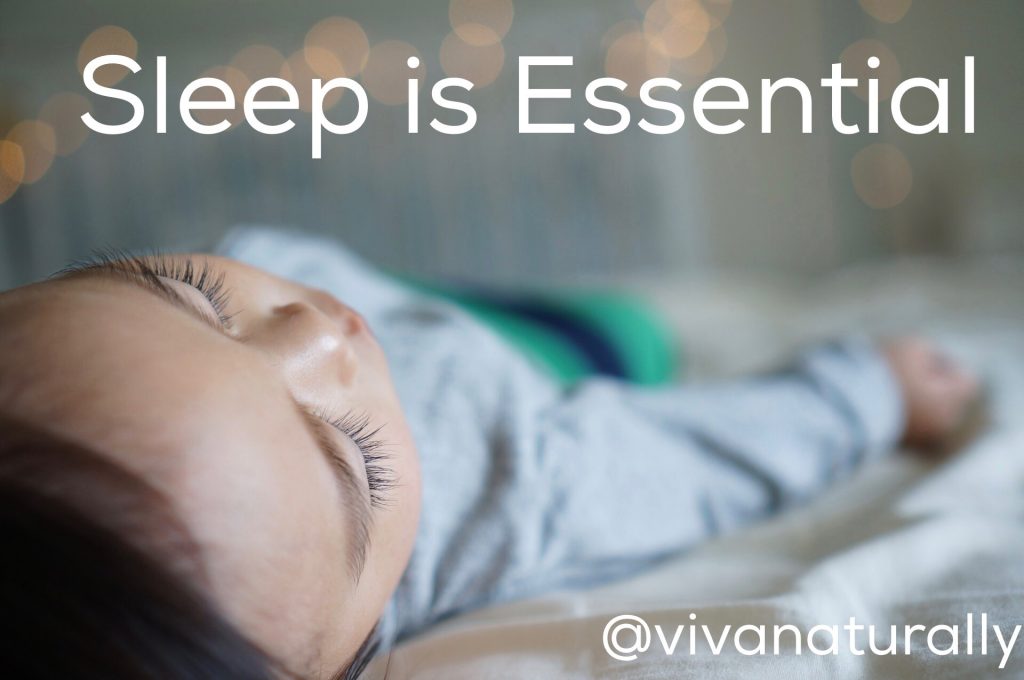
I remember the days I used to think I could get away with 5 hours of sleep with no problem. Little did I know the side effects of sleep deprivation that may lead to serious health issues. I experienced fatigue, low energy, bad mood, tiredness, mental fog, and even memory loss. I was in college at the time and even pulled a couple of ‘all-nighters’. I finally had a wakeup call to make sleep the priority. Fast forward to today, after years of experience, research, learning and helping others, I know both sleep quantity and quality is huge for our mental and physical health.
The way we feel while we are awake depends in part on what happens while we sleep. During sleep, our bodies work to support healthy brain function, blood supply to the muscles increase, tissue growth and repair occurs, energy is restored, and hormones are released i.e. growth hormone, essential for growth and development. Also, the REM (Rapid Eye Movement) sleep cycle which occurs about 90 minutes after we fall asleep, provides energy to the brain and body and supports daytime performance.
Ongoing sleep deficiency can raise the risk for chronic health issues like heart disease, high blood pressure, diabetes, and stroke. It can also affect how well we think, react, work, learn, and get along with others. Crazy, right?

On average, adults need 7-8 hours of sleep and younger generations need 10-13 hours. With busy lives, it is a challenge to get enough sleep. My motivation is thinking that if I don’t prioritize my sleep quantity and quality, I will not perform at my best and will end up being, feeling, and looking ill. Of course, everyone is different so results may vary. Below are a few tips you can try.
Source: webmd.com

Juliana Salazar
Vitality and Wellness Coach